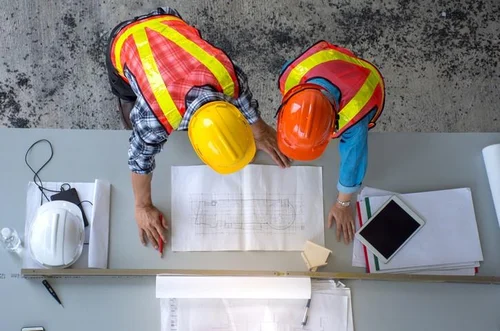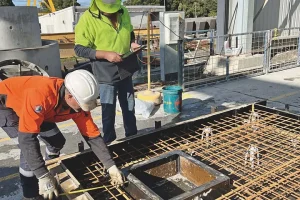In construction, great ideas and ambitious blueprints only go so far without one vital step, Feasibility Studies. Before a single shovel hits the ground, these comprehensive assessments help determine whether a project is viable, practical, and financially sound. From infrastructure developments to commercial buildings, feasibility studies serve as a foundational tool that can make or break a project’s success.
In this article, we’ll explore what feasibility studies are, explore their key components, and explain why they’re essential for construction projects of any scale.
What Are Feasibility Studies?
A feasibility study is a detailed analysis conducted in the early planning stages of a construction project. Its primary goal is to evaluate the practicality and potential success of a proposed project by analyzing various influencing factors: technical, economic, legal, environmental, and operational.
These studies answer the big questions:
- Is the project technically possible?
- Can it be done within budget?
- Will it comply with legal and environmental regulations?
- Is the site geologically sound?
Ultimately, a feasibility study provides stakeholders with the critical data they need to make informed decisions about whether to proceed, modify, or abandon a project.
Key Components of a Feasibility Study
A comprehensive feasibility study covers multiple dimensions, each contributing to a holistic understanding of the project’s viability:
1. Technical Feasibility
This involves assessing the engineering and technological aspects of the project. It includes site analysis, construction methods, availability of materials, utilities, and labor. For example, is the soil suitable for heavy foundation work? Does the site have the necessary infrastructure?
2. Economic and Financial Feasibility
This part focuses on cost analysis, return on investment (ROI), funding sources, and projected revenues. It helps determine whether the project is financially sustainable in both the short and long term. A cost-benefit analysis is often included to weigh the advantages against the potential risks and expenses.
3. Legal and Regulatory Feasibility

Before moving forward, a project must comply with local, regional, and national laws, including zoning regulations, building codes, and environmental laws. This aspect ensures that there are no legal hurdles that could halt or delay the project.
4. Environmental Feasibility
Construction projects can significantly impact the environment. An environmental feasibility assessment evaluates potential effects on the land, water, air quality, and nearby ecosystems. In some regions, this may include a formal Environmental Impact Assessment (EIA).
5. Operational Feasibility
This considers whether the organization or project team has the capacity and resources to complete the project. It also evaluates how the project will be managed post-construction.
Why Are Feasibility Studies Crucial for Construction Projects?
1. Reduce Financial Risk
One of the biggest reasons to conduct a feasibility study is to identify potential financial pitfalls before they happen. By anticipating costs, funding issues, or economic downturns, developers can make adjustments early in the planning phase.
2. Identify Technical Challenges Early
Feasibility studies uncover potential engineering or geological challenges that could cause delays or increase costs. For example, a geotechnical analysis might reveal poor soil stability, which can significantly affect foundation design and construction methods.
3. Ensure Regulatory Compliance
Navigating the regulatory landscape can be complex. Feasibility studies help ensure that all necessary permits and compliance requirements are accounted for, reducing the risk of costly delays or fines.
4. Support Informed Decision-Making
Whether you’re seeking investor funding, board approval, or community support, a feasibility study provides the data and documentation necessary to back up your plans. It gives stakeholders confidence that the project is well-thought-out and likely to succeed.
5. Improve Project Planning and Design
Armed with insights from a feasibility study, project managers and architects can refine their plans for better efficiency, cost savings, and sustainability. It’s a proactive way to plan smarter from the ground up.
For any construction project, from residential developments to major infrastructure builds, feasibility studies are non-negotiable. They bring clarity, reduce risk, and improve the chances of a successful outcome.
Contact AOA Geo-Net, for thorough feasibility studies tailored to your project today.




